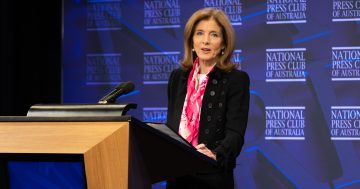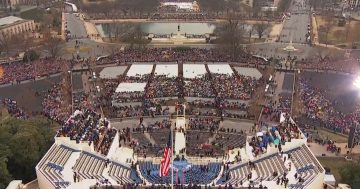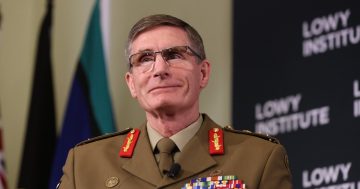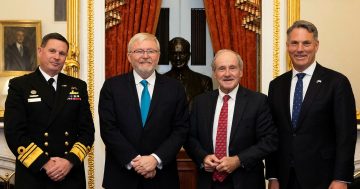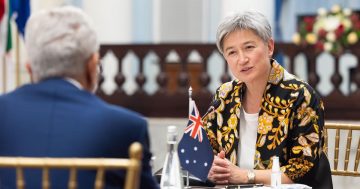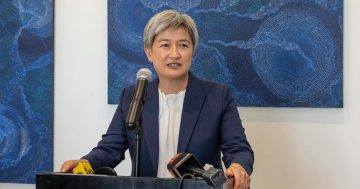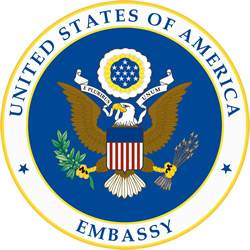 Despite United States President Joe Biden’s declaration that he is “committed to making the US-India partnership among the closest we have” there has been no Ambassador in place in New Delhi for more than two years.
Despite United States President Joe Biden’s declaration that he is “committed to making the US-India partnership among the closest we have” there has been no Ambassador in place in New Delhi for more than two years.
That vacancy is emblematic of a broader problem in US foreign policy driven by increasing dysfunction and hyper-partisan politics in Washington.
As Mr Biden enters his third year in office, India is one of around two dozen countries that are still waiting for a US Ambassador, an issue that experts warn is detrimental to Washington’s bilateral relationships and the efficacy of US foreign policy.
The problem of absent Ambassador posts has grown worse over time, particularly during the previous Administration of President Donald Trump when dozens of Ambassador posts sat empty for months or even years without nominees or with nominees stuck in a backlogged and contentious Senate confirmation process.
The average time it took the Senate to confirm a political appointee, including Ambassador posts, under former President George W. Bush was 48 days. Under Mr Biden, that average time is now 103 days.
A former senior US diplomat, who spoke on condition of anonymity, said the process was broken.
“It’s become politicised in a very ugly way in the time we’re in now,” the former diplomat said.
However, it’s not all the Senate’s fault, Mr Biden was slow to name nominees for Ambassador posts during his first year and still has yet to even offer nominees for some posts to the Senate.
In other cases, such as India, the President decided to renominate his Ambassador picks that were stuck in limbo in the last Congress due to lawmakers’ opposition, despite no discernible change in the Senate that would indicate they could get confirmed.
Washington, 11 January 2023


